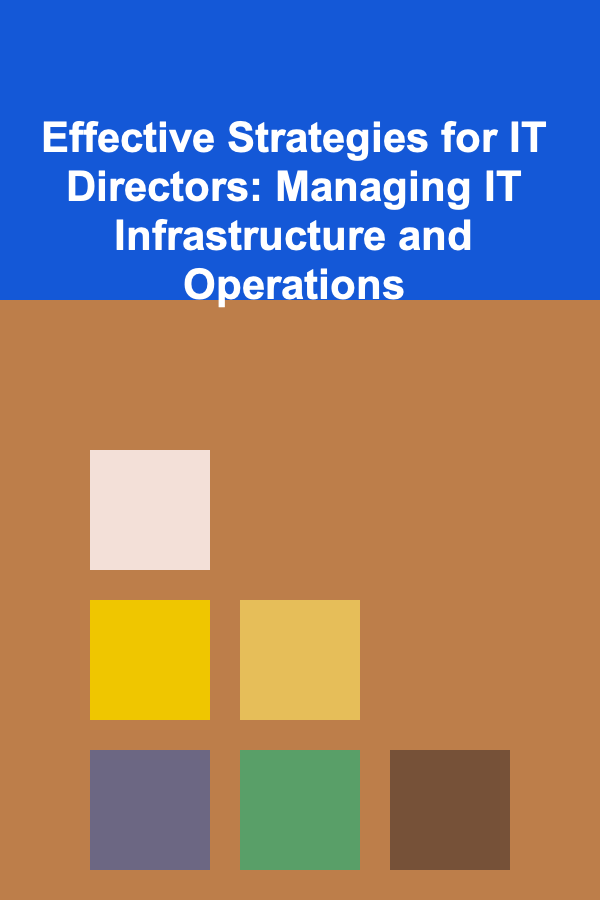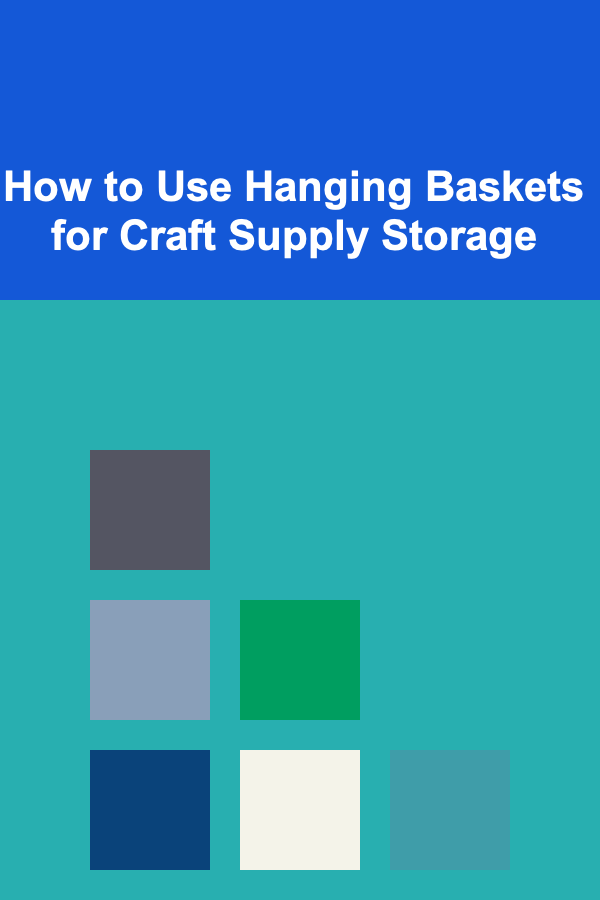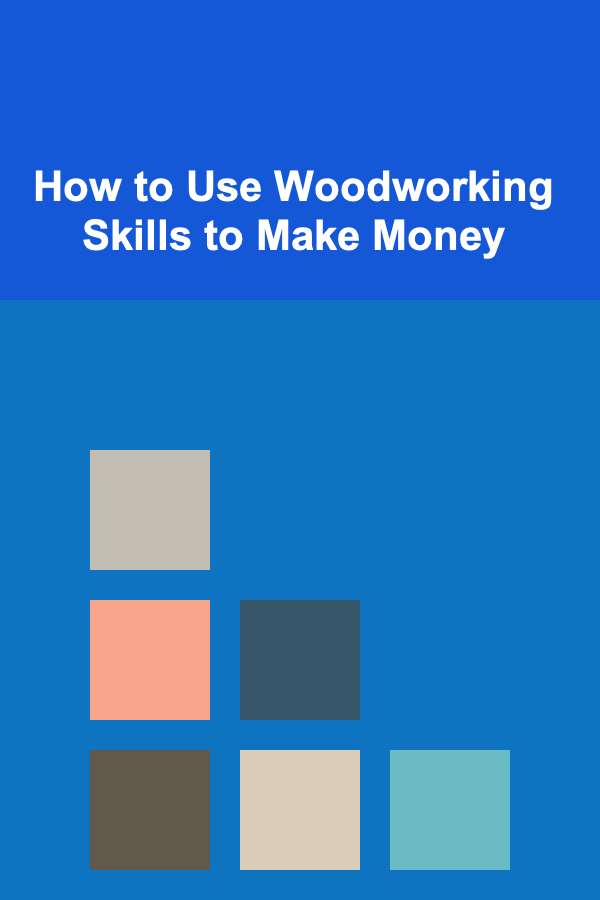
Maximize Your Learning: Free or Low-Cost Educational Resources for Students
ebook include PDF & Audio bundle (Micro Guide)
$12.99$9.99
Limited Time Offer! Order within the next:

Education is one of the most powerful tools for personal and professional growth, but for many students, the cost of education and supplementary learning resources can be a significant barrier. Fortunately, there is a wealth of free and low-cost educational resources available that can help students maximize their learning without breaking the bank. Whether you are looking to deepen your understanding of a particular subject, prepare for exams, or explore new fields of knowledge, these resources can help you succeed without the financial burden.
In this guide, we'll explore a variety of free and affordable educational resources that students can take advantage of to enhance their learning experience. These tools span different subjects, learning styles, and academic levels, ensuring that there's something for everyone. From online courses to free textbooks, let's dive into how you can make the most of what's available.
Online Course Platforms
Online course platforms have revolutionized the way people access learning materials, providing a wide range of free and low-cost courses from universities, institutions, and experts worldwide. Here are some of the best platforms for students looking to expand their knowledge:
Coursera
Coursera offers courses from top universities and organizations across the globe. Many courses are free to audit, which means you can access course content and lectures without paying. If you want a certificate to validate your completion, you can choose to pay for the certification. Coursera covers a vast range of subjects including computer science, humanities, social sciences, and more.
- Free courses: Audit options available.
- Cost: Free to audit; certificates and specialization programs range from $29 to $99.
edX
Similar to Coursera, edX is another prominent platform offering free courses from institutions like Harvard, MIT, and Berkeley. While many courses are free, certificates and certain specialized programs are paid. edX is known for its high-quality educational content, making it ideal for students looking to deepen their academic knowledge.
- Free courses: Many courses are free to audit.
- Cost: Free for auditing; paid certificates typically range from $50 to $300.
Khan Academy
Khan Academy is a completely free resource that provides a comprehensive library of instructional videos on a wide range of subjects, including math, science, economics, history, and art. It's a great platform for students of all ages, from elementary school to college level.
- Free courses: All content is free.
- Cost: 100% free.
Udemy
Udemy offers a wide variety of courses on almost every topic imaginable. While most courses are paid, they frequently offer discounts or promotions where courses can be purchased for as low as $10 to $20. The platform covers technical subjects, creative fields, and business skills.
- Free courses: A selection of free courses is available.
- Cost: Paid courses usually range from $10 to $200, depending on the topic and instructor.
Free Online Textbooks and Study Materials
For students who prefer self-study or need additional resources to complement their formal education, free textbooks and study materials are invaluable. Here are some platforms that offer free access to textbooks, study guides, and other learning materials:
OpenStax
OpenStax provides free, peer-reviewed, high-quality textbooks for college-level courses. These textbooks cover subjects such as physics, biology, economics, mathematics, and more. OpenStax materials are available in digital format and can be freely downloaded or viewed online.
- Free textbooks: Over 25 free textbooks in subjects like science, math, and social sciences.
- Cost: 100% free.
Project Gutenberg
If you're interested in literature or the humanities, Project Gutenberg is an incredible resource. It offers over 60,000 free eBooks, primarily focusing on classic literature. The platform is an excellent way for students to access timeless works without paying for physical books or digital versions.
- Free eBooks: A wide range of classic literature and historical texts.
- Cost: 100% free.
Saylor Academy
Saylor Academy offers free, self-paced courses that include free textbooks and other learning resources. The platform covers a wide variety of subjects such as business, economics, and computer science. Saylor's resources are designed for independent learners and are entirely free.
- Free courses and textbooks: Free access to both course materials and textbooks.
- Cost: 100% free.
YouTube Channels and Educational Podcasts
YouTube is home to a wealth of educational channels covering nearly every topic imaginable. Many experts and teachers post free video tutorials, lessons, and explanations on the platform. Similarly, educational podcasts can provide on-the-go learning opportunities, covering various subjects in-depth.
CrashCourse
CrashCourse is a popular YouTube channel that offers a series of educational videos on topics ranging from history and literature to biology and chemistry. The videos are fun, engaging, and incredibly well-researched, making them a great supplement to your learning.
- Free content: Educational videos covering multiple disciplines.
- Cost: 100% free.
Khan Academy (YouTube)
While Khan Academy offers its content on its website, its YouTube channel is a great alternative for students who prefer watching lessons in a video format. The channel includes thousands of videos that cover a wide range of subjects, from basic arithmetic to advanced calculus.
- Free content: Lessons across a variety of subjects.
- Cost: 100% free.
The EdSurge Podcast
The EdSurge Podcast is an excellent resource for students interested in educational technology and innovations in learning. It features interviews with educators, tech experts, and industry leaders, offering insights into how the education sector is evolving.
- Free podcast: Covers trends and insights in education.
- Cost: 100% free.
Digital Libraries and Research Databases
Access to academic papers, journals, and other scholarly resources is crucial for students conducting research. Fortunately, there are several free databases and digital libraries that provide access to a wealth of academic articles and journals.
Google Scholar
Google Scholar is a free search engine for academic papers, theses, books, and conference proceedings. While not all papers are available in full for free, Google Scholar often provides access to preprints, abstracts, and links to open-access versions of articles.
- Free resources: Academic papers, theses, and scholarly articles.
- Cost: 100% free.
Directory of Open Access Journals (DOAJ)
The DOAJ is an online directory that provides access to high-quality, open-access, peer-reviewed journals. It covers a wide range of subjects, including the sciences, humanities, and social sciences. Students can access thousands of academic articles for free.
- Free journals: Peer-reviewed journals in various disciplines.
- Cost: 100% free.
JSTOR (Free Access Option)
While JSTOR is primarily a subscription-based service, it offers limited free access to articles through its "Register & Read" program. By registering for an account, students can read a certain number of articles for free each month. This is a great option for students who need access to scholarly articles but can't afford a subscription.
- Free access: Limited articles available for free per month.
- Cost: Free for limited access.
Online Communities and Forums
Learning isn't just about consuming content; it's also about engaging in discussions and seeking help when needed. Online communities and forums provide opportunities for students to collaborate, ask questions, and receive feedback from peers and experts.
Reddit (Subreddits like r/AskAcademia and r/Study)
Reddit hosts a variety of academic subreddits where students can ask questions, share resources, and discuss topics with other learners. Subreddits like r/AskAcademia, r/Study, and r/College are great places to find support, study tips, and peer-reviewed resources.
- Free interaction: Access to student communities for academic discussions.
- Cost: 100% free.
Stack Exchange (and related communities)
Stack Exchange includes a wide variety of Q&A communities dedicated to different subjects, including mathematics, science, and programming. These communities allow students to ask questions, share knowledge, and learn from experts in specific fields.
- Free resources: Ask and answer questions in academic fields.
- Cost: 100% free.
Low-Cost Tools for Academic Success
Several affordable tools can help students improve their learning experience, from organizing notes to improving writing skills. These tools can maximize your productivity and help streamline your study process.
Evernote (Free and Premium Versions)
Evernote is a powerful tool for organizing notes, to-do lists, and research. While the free version offers basic functionality, the premium version provides additional features like offline access, document search, and larger storage space.
- Free version: Basic note-taking and organization features.
- Cost: Free; premium version starts at $7.99 per month.
Grammarly
Grammarly is a writing assistant that helps improve grammar, spelling, punctuation, and writing style. The free version offers essential grammar checks, while the premium version provides more advanced features, such as style suggestions and plagiarism detection.
- Free version: Grammar and spell check.
- Cost: Free; premium version starts at $12 per month.
Conclusion
Maximizing your learning doesn't have to be expensive. Thanks to the abundance of free and low-cost resources available online, students can access high-quality educational content, textbooks, courses, and tools to support their academic journey. Whether you are studying for exams, learning a new skill, or conducting research, these resources can help you achieve your goals without the financial strain. By taking advantage of these opportunities, you can enhance your knowledge and set yourself up for success in both your academic and professional future.

Effective Strategies for IT Directors: Managing IT Infrastructure and Operations
Read More
How to Build a Checklist for Preparing for a Family Reunion
Read More
How to Make a Family Bucket List for the Year Ahead
Read More
How to Use Hanging Baskets for Craft Supply Storage
Read More
How to Use Motion-Sensing Lights to Enhance Your Home Security
Read More
How to Use Woodworking Skills to Make Money
Read MoreOther Products

Effective Strategies for IT Directors: Managing IT Infrastructure and Operations
Read More
How to Build a Checklist for Preparing for a Family Reunion
Read More
How to Make a Family Bucket List for the Year Ahead
Read More
How to Use Hanging Baskets for Craft Supply Storage
Read More
How to Use Motion-Sensing Lights to Enhance Your Home Security
Read More